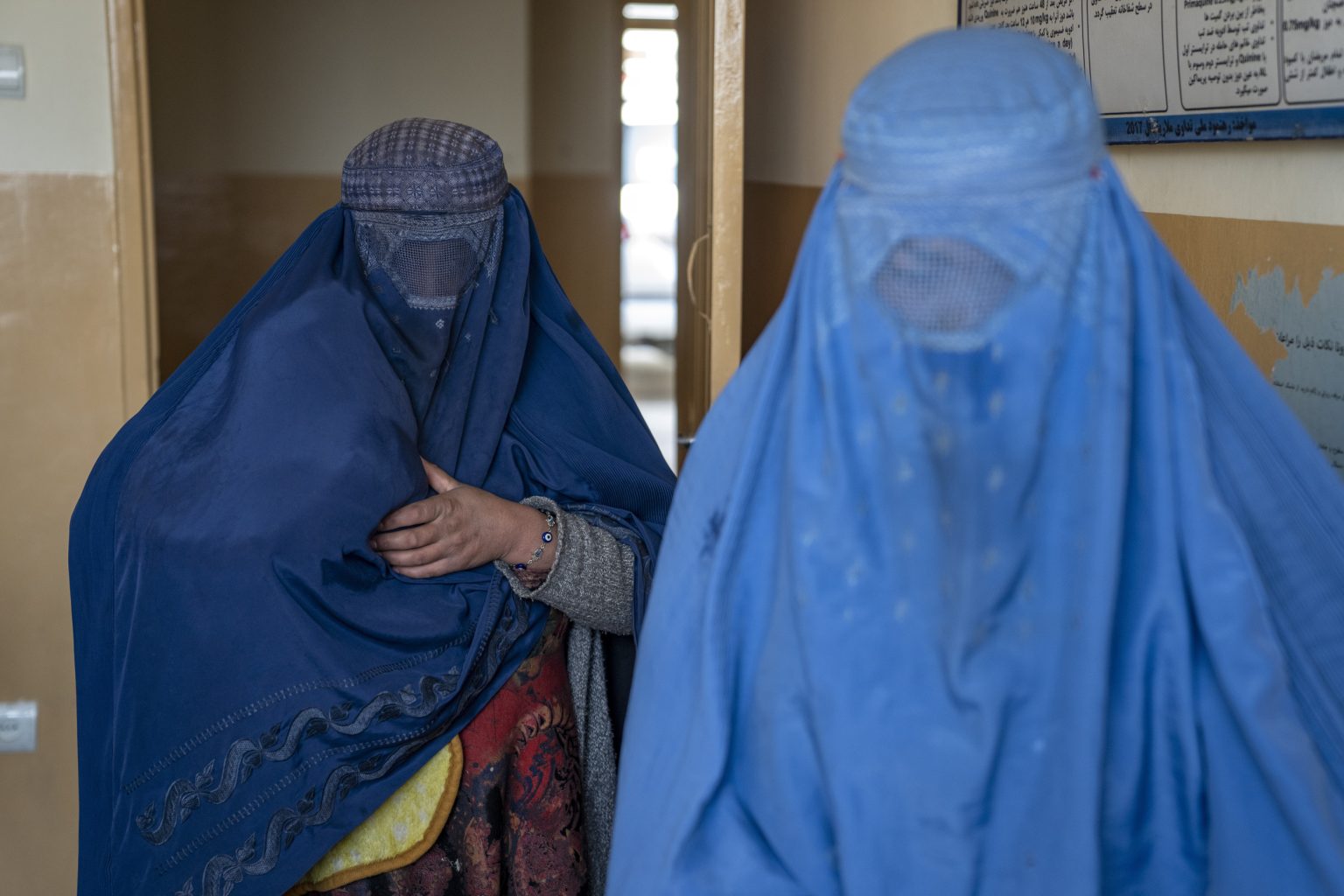The Taliban’s recent decree banning windows that offer views into areas where Afghan women might be seen within their homes represents another alarming escalation in the group’s systematic repression of women’s rights and freedoms in Afghanistan. This directive, issued by the Taliban’s supreme leader, Hibatullah Akhundzada, mandates that new constructions must not incorporate windows overlooking courtyards, kitchens, wells, or other spaces typically used by women. Existing structures with such windows are required to have the views obstructed, either by constructing walls or employing other methods, ostensibly to “avoid nuisances caused to neighbors.” The Taliban spokesperson, Zabihullah Mujahid, attempted to justify this measure by claiming that seeing women in these domestic spaces could lead to “obscene acts.” This justification, however, is widely viewed as a thinly veiled attempt to further confine women to the private sphere and erase their presence from public life.
This latest decree is not an isolated incident but rather part of a broader pattern of restrictions imposed by the Taliban since their return to power in August 2021. These restrictions have systematically dismantled women’s rights and freedoms, including their access to education, employment, and public spaces. Girls have been barred from attending school beyond the sixth grade, effectively denying them access to secondary and higher education. Women have been banned from universities and most forms of employment, severely limiting their economic opportunities and independence. Furthermore, they are required to cover their faces in public and are prohibited from travelling long distances without a male guardian. These measures collectively aim to confine women to the domestic sphere and erase their presence from public life, effectively rendering them invisible and voiceless.
The international community has expressed widespread condemnation of the Taliban’s ongoing repression of women’s rights. The United Nations, human rights organizations, and numerous governments have repeatedly called on the Taliban to respect women’s fundamental rights and reverse these discriminatory policies. However, despite international pressure, the Taliban have shown no signs of relenting, instead doubling down on their restrictive measures. The lack of effective international action to hold the Taliban accountable for their human rights abuses raises serious concerns about the future of women and girls in Afghanistan.
The Taliban’s justification for this window ban, citing the potential for “obscene acts,” reveals a deeply flawed and misogynistic worldview that views women as inherently provocative and requiring confinement and control. This narrative not only perpetuates harmful stereotypes about women but also serves to legitimize the Taliban’s oppressive policies. The decree further reinforces the segregation of genders, further isolating women and girls and denying them the opportunity to participate fully in society. The restrictions on women’s mobility and visibility are not merely about controlling their physical presence; they also aim to restrict their agency and autonomy, effectively silencing their voices and hindering their ability to contribute to the country’s social, economic, and political development.
The international community’s response to this latest move remains to be seen. While many countries, including the United States, do not formally recognize the Taliban as the legitimate government of Afghanistan, the lack of concrete action to protect Afghan women and girls is deeply concerning. The continued erosion of women’s rights under Taliban rule underscores the urgent need for a coordinated international response that goes beyond mere condemnation and explores concrete measures to pressure the Taliban to reverse course. This could include targeted sanctions against Taliban leaders, diplomatic pressure, and support for Afghan women’s organizations working on the ground to protect and empower women and girls.
The plight of Afghan women under Taliban rule serves as a stark reminder of the fragility of human rights gains and the devastating consequences of allowing extremist ideologies to flourish unchecked. The international community must not stand idly by while the rights and freedoms of Afghan women are systematically dismantled. A strong and unified response is crucial not only to protect the fundamental rights of Afghan women but also to uphold the principles of human rights and gender equality globally. The world must send a clear message that the oppression of women will not be tolerated and that the future of Afghanistan, like any nation, depends on the full and equal participation of all its citizens, including women and girls.


